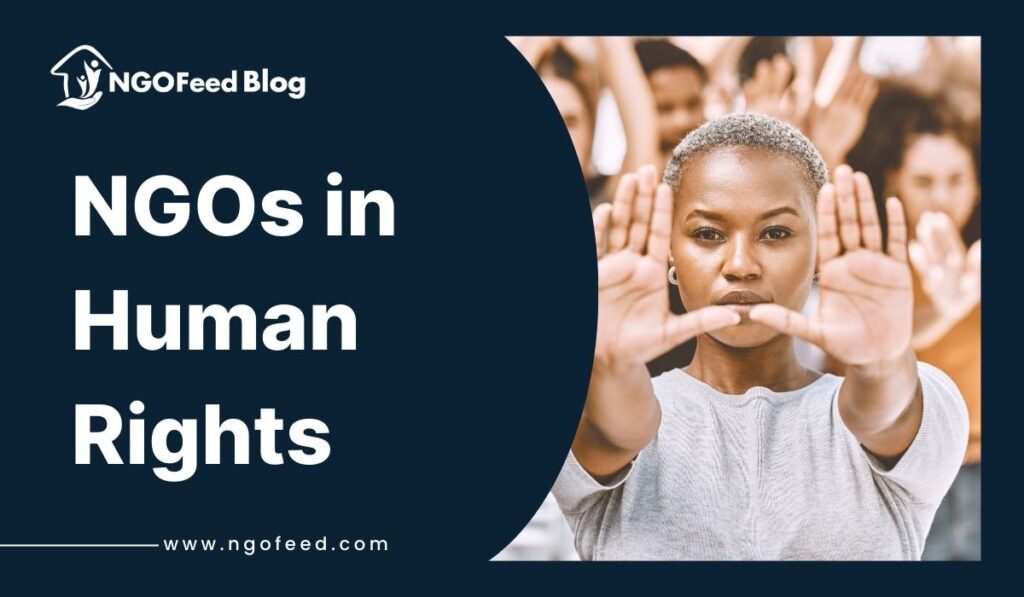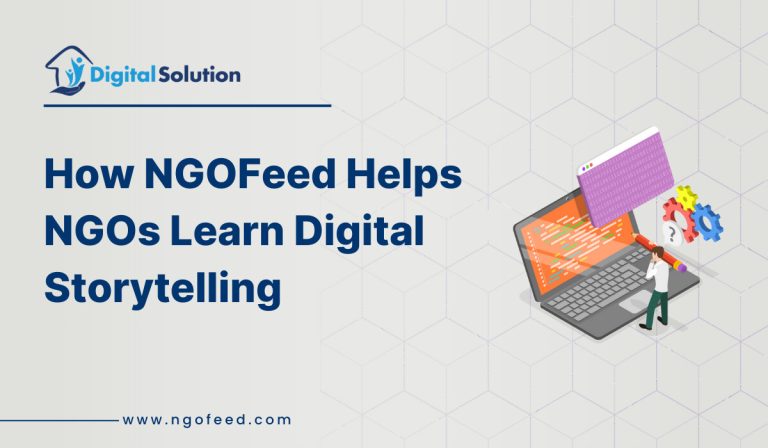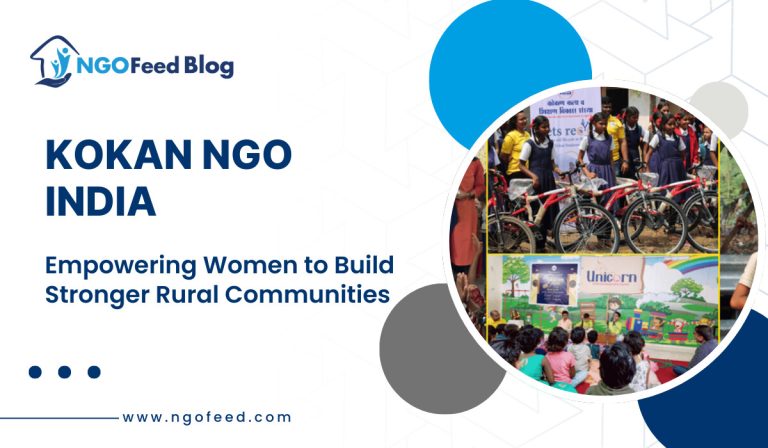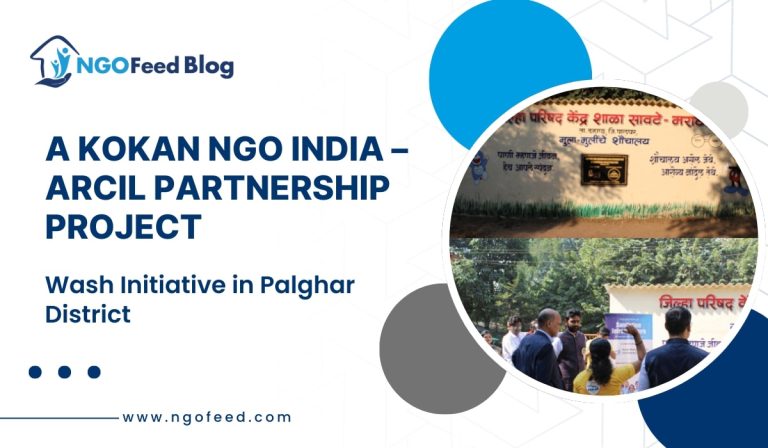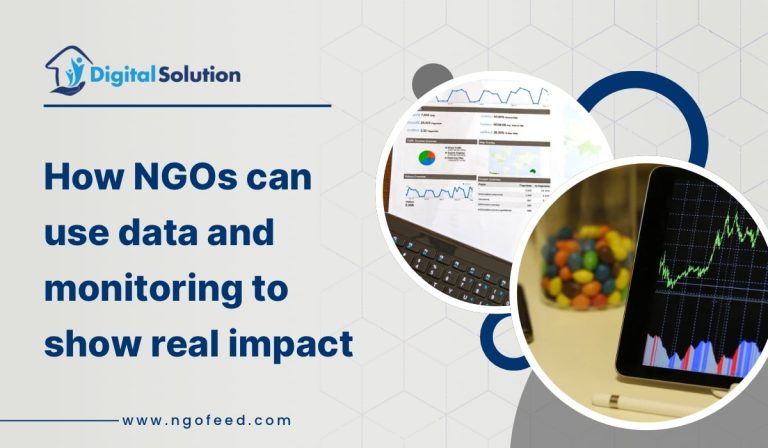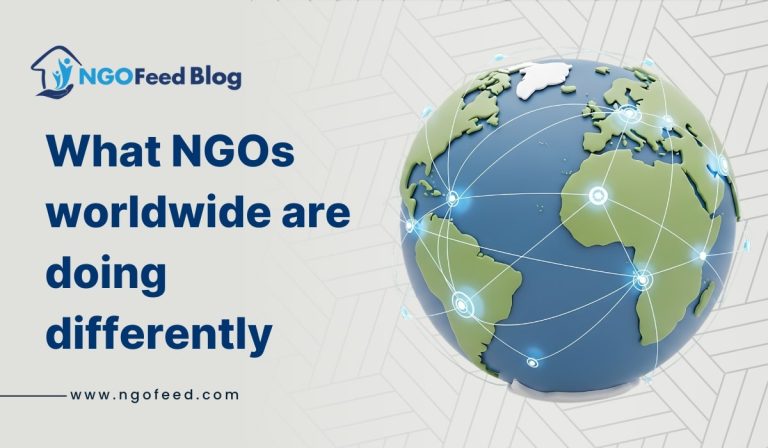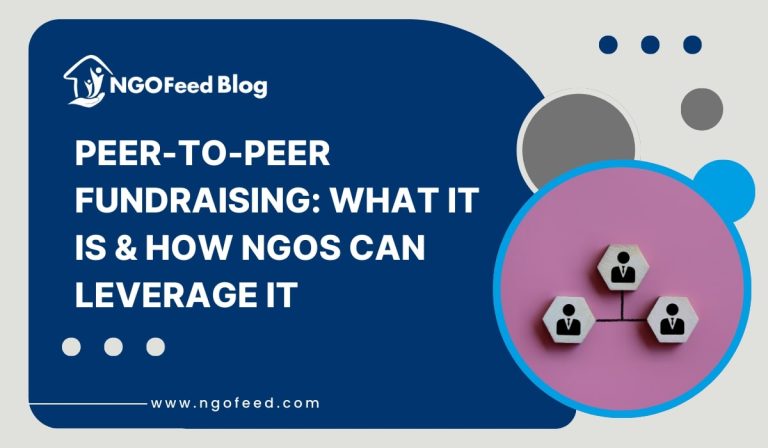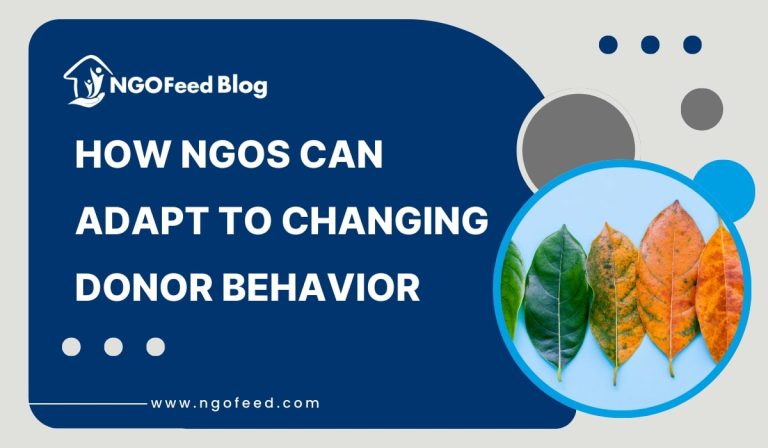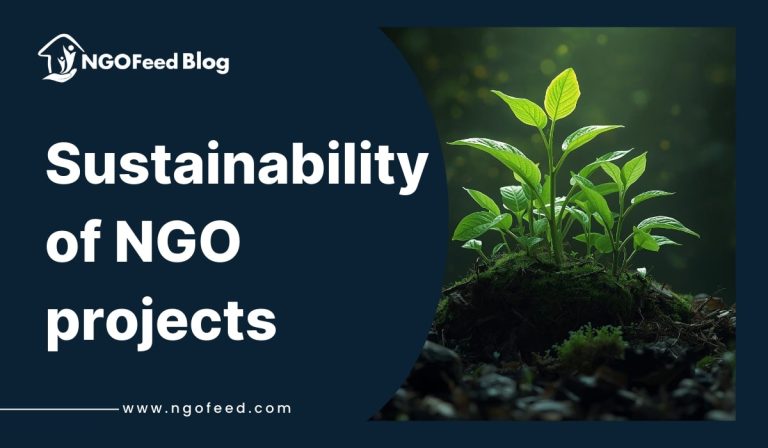NGO in Human Rights: Protecting and promoting human rights has become a worldwide priority in today’s linked world. NGOs significantly resolve human rights abuses and ensure that all persons’ fundamental dignity and freedoms are preserved. They have emerged as powerful advocates and catalysts for change in recent years. This article examines the significant contributions NGOs in India have made to the field of human rights, focusing on the creative techniques they have taken, the accomplishments they have achieved, and the obstacles they confront in driving real development.
Table of Contents
Understanding the Importance of Human Rights
Human rights are the fundamental freedoms and guarantees that belong to people naturally and that no person can deprive another human being of, no matter what nationality, gender, race, ethnicity and so on. These rights, enshrined in different covenants and declarations internationally, include the rights to life, freedom to both liberty and safety and the right to be free from torture, slavery and discrimination. Indeed, the observance of human rights is ethical and practical, and only through this can a nation be developed peacefully and equitably.
The Rise of NGOs in the Human Rights Movement
The last few years have seen a marked trend where non-government organizations gain more excellent traction in international human rights activities. Among these, independent Non-governmental organizations, including their precise knowledge, grassroots networks, and advocacy skills, have credited themselves as the primary enforcers of rights, accountability of the authorities, and the positive change makers at local, national and even international levels.
Major Areas of NGOs in India Involvement in Human Rights
Monitoring and Reporting Human Rights Violations
NGOs are major international community players, especially in tracking and exposing human rights abuses, feeding the world with critical information for the case. Extensive fieldwork composed of fact-finding missions and the collection of testimonies enables NGOs to produce ample reports that illustrate the torment that human rights violations bring to people.
1. Advocacy and Campaigning for Change
NGOs actively lobby and demonstrate to achieve human rights awareness, promote public support, and press governments and internationally known organizations to respond to human rights-related issues. Lobbying, media campaigning and partnerships with the vital representatives of authorities are frequently their advocacy strategies.
2. Providing Legal Assistance and Support
Similarly, the NGOs have legal support and representation services to those victimized by gross human rights violations to enable them to navigate the complex judicial systems and settle for much-needed justice. This assistance is especially significant for disfavored groups and individuals who might otherwise not have the resources or knowledge to apply the law in their persecution.
3. Empowering and Protecting Human Rights Defenders
Human rights defenders are people who fight to advance and defend the rights of others, frequently at considerable personal risk. NGOs are essential in supporting and protecting these persons. NGOs defend the work of these brave champions by providing capacity-building initiatives, legal assistance, and safeguards.
4. Promoting Education and Awareness
NGOs play a critical role in teaching the public about human rights locally and internationally. They work with local communities, create educational resources, and plan training courses to promote a human rights-abiding society.
Innovative Approaches Adopted by NGOs
1. Making Use of Digital Platforms and Technology
NGOs are enhancing their work on human rights by utilizing digital platforms and technology. NGOs are at the forefront of technical innovation in the sector, from creating secure communication platforms for activists to exploiting satellite images to monitor human rights violations.
2. Building Cooperating Partnerships and Networks
NGOs are forming strategic alliances with other civil society organizations, educational institutions, and international organizations to exchange best practices and increase their influence, realizing the value of group action.
3. Adopting a Comprehensive Perspective on Human Rights
Numerous non-governmental organizations are embracing a thorough, intersectional perspective on human rights, tackling the interrelated issues of marginalization, poverty, and discrimination that frequently serve as the foundation for human rights violations.
Read also: NGOs in Human Rights Protection: Importance, Govt Role, Role of NGOs, Challenges, etc.
The Challenges Faced by NGOs in Protecting Human Rights
1. Restrictive Legal and Political Environments
NGOs encounter progressively tight legal and political frameworks in several nations, wherever governments enforce onerous rules, surveillance measures, and even total suppression of civil society endeavours.
2. Limited Resources and Funding Constraints
Since NGOs frequently rely on a patchwork of grants, donations, and meagre government backing to finance their activities, finding sustainable funding remains difficult.
3. Safety and Security Concerns for Human Rights Defenders
The work that human rights defenders do, especially those who are associated with non-governmental organizations, frequently exposes them to threats, harassment, and even physical violence from both state and non-state.
The Future of NGOs in the Human Rights Landscape
Adapting to a Changing Global Context
To meet complex challenges like the development of authoritarianism and the growing influence of non-state actors, non-governmental organizations (NGOs) need to adjust their strategies and form new alliances as the geopolitical landscape changes.
Strengthening Accountability and Transparency
NGOs must prioritize internal governance improvements, strengthen accountability mechanisms, and encourage transparency in their operations if they continue to enjoy the public’s trust and credibility.
Fostering Inclusive and Grassroots-driven Approaches
From now on, NGOs’ top priority must be elevating marginalised groups’ leadership and voices, ensuring that their human rights programs are inclusive and sensitive to local needs.
Conclusion
A growing number of NGOs worldwide are becoming irreplaceable human rights protectors, leveraging their knowledge base, advocacy skills, and grassroots contacts to mobilize people to engage in courageous actions and punish those responsible. Despite the challenges they encounter, be it rigid political environments or a shortage of resources, NGOs still constitute a vital force in managing human rights abuses, providing legal aid to the victims and strengthening the communities to assert their fundamental freedoms.
As the world goes through a more and more overwhelming and unpredictable milieu, NGOs in the field of human rights will carry extra responsibilities. You can prepare NGOs to cope with new circumstances, form strategic alliances, and create inclusively sustainable environments, which prove their main driving forces for global development and improving the situation of humankind.

